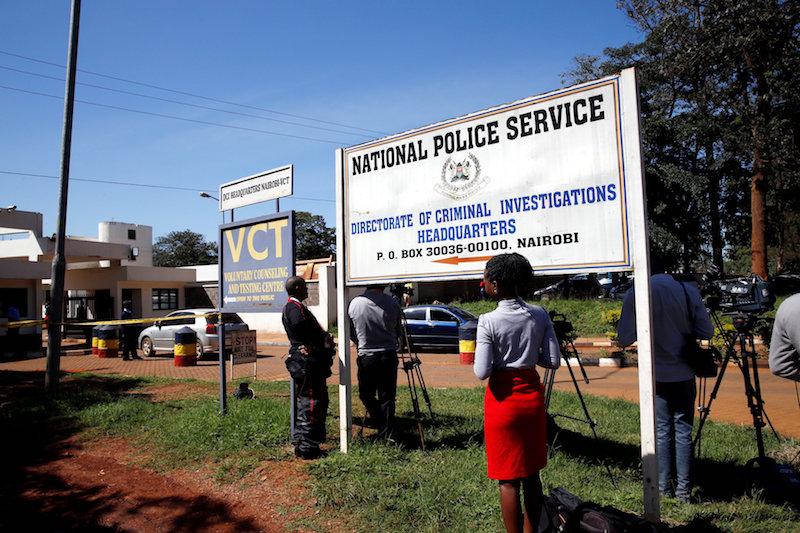NAIROB—Kenyan authorities charged 54 people, mainly civil servants, on Monday in an investigation into the theft of nearly $100 million of public funds, a rare move to hold officials to account for graft in a nation where it is widespread.
Among the civil servants and businesspeople charged was the head of the National Youth Service, where the corruption allegedly took place, senior accountants at the government agency, and the chief internal auditor at the national treasury, chief prosecutor Noordin Mohamed Haji told a news conference.





